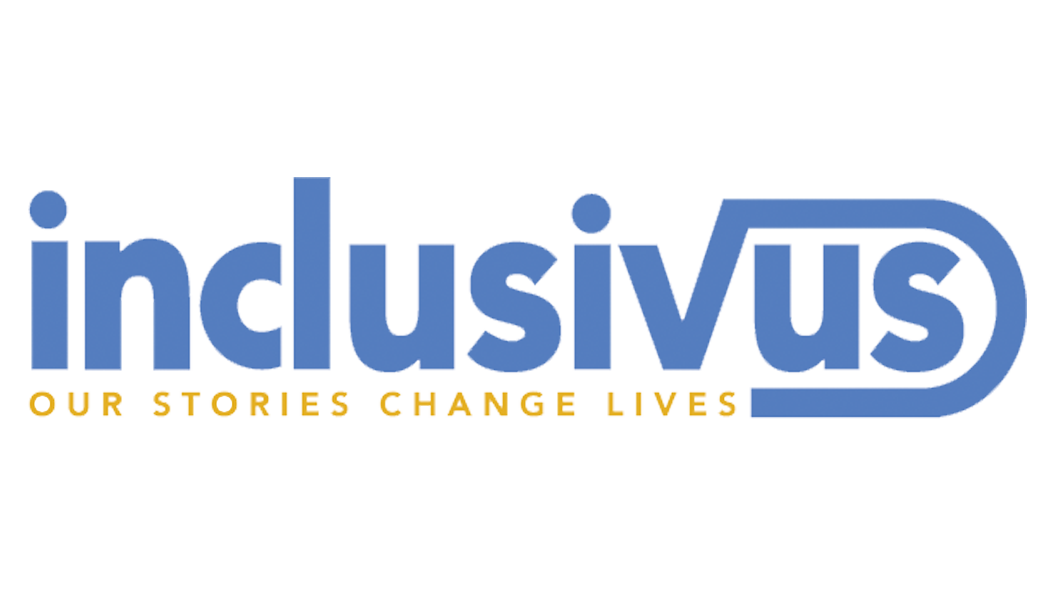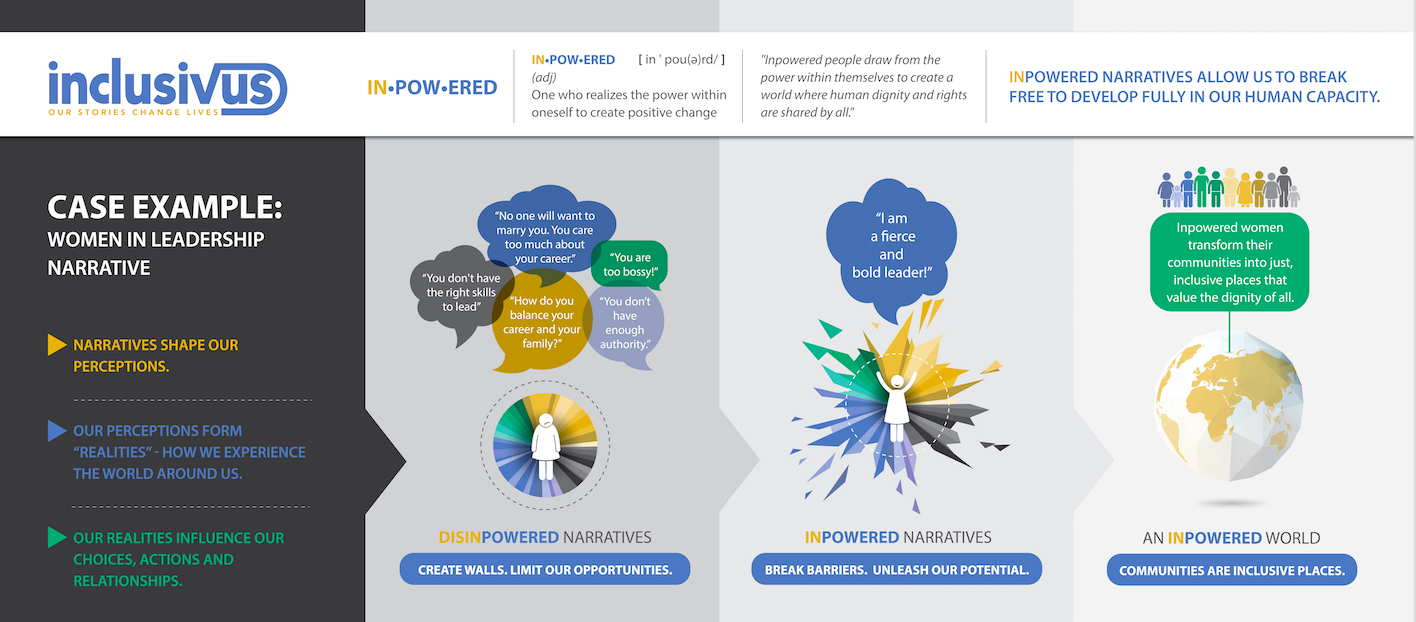By Judithe Registre, Founder and Podcast Host
Image source: Pexels
When addressing gender inequality and lack of diversity and inclusion in all areas of society, one of our biggest challenges is our core beliefs—that is, the unconscious biases that determine so many of our behaviors and thoughts.
These core beliefs also create the foundations of institutions and educational systems. Consider, for example, affirmative action. People tend to conflate affirmative action with the hiring of unqualified people, as if diversity were about including people who are unworthy and do not belong. That view is seriously flawed.
Many of us agree and understand that in order for social progress to benefit everyone, we need more equal and just societies. But as actors in this work toward change, we often find ourselves addressing the symptoms of injustice and inequality instead of the causes. This is true for a number of reasons. For starters, it can be difficult to see the causes beneath the symptoms. It’s hard to recognize that we’re addressing only surface concerns, that in fact those concerns are only the tips of the icebergs, and that the causes of these problems go much, much deeper, and they are much more difficult to address. The structural challenges that create and recreate poverty are harder to tackle than the surface problems. Secondly, our sector has a long history of repeating old patterns, and it’s hard to break a mold that has been in place for so long. Darren Walker, the president of the Ford Foundation says it well:
We simply cannot and will not defeat the enemies of justice—or dispel ignorance—without taking time to reflect on our own lives, and without asking difficult questions: Who am I forgetting? Which of my assumptions are flawed? Which are my beliefs are misbegotten?
For example, consider the common (and unfair, and inaccurate, and problematic) core belief that women are weaker and less capable than men. Why do women occupy fewer leadership positions than men? Why are so few women elected to political office? I think it is because of our core beliefs—those community narratives that say women are less capable and less qualified than men, which become sets of shared biases over time.
That view is also seriously flawed. More often, unqualified people get into positions they are unqualified for due to nepotism or personal affiliation—or, simply put, their (male) gender. We must acknowledge the biases we hold so strongly about intelligence and competence. This Harvard Business Review article on why so many incompetent men become leaders is a case in point.
These negative core beliefs held by groups and certain populations are roadblocks that make it difficult or impossible for us to achieve the kind of progress that is so critical for us to advance real change. And they are even more troubling because these core beliefs are held not only by external players, but by affected populations as well. Using our earlier example, women may see themselves as less capable than men.. That does not make this belief things true; it just makes it a deeply permeating and deeply troubling core belief. We need to be collectively reprogrammed to effectively realize more inclusive communities designed with a fundamental appreciation and respect for our common humanity.
The opportunity for us is this: Every time we’re faced with an issue, we need to ask ourselves, “What are my core beliefs around this issue?” At a personal development level, this is something with which many of us are familiar. We ask ourselves this question regularly in order to grow, to overcome personal biases toward certain individuals or ideas, or to achieve our goals. But it is something we must start to do on a larger scale as well, especially in the social sector.
When we’re faced with a community or issue, we need to ask ourselves: What is my core belief about the population that we are serving? What is our core belief about this issue (gender, violence, poverty)? We need to be honest. We need to dig deep. If we uncover something that makes us uncomfortable, we need to address it. If we uncover racism, sexism, or any other biases hiding away in our psyches, we need to address them. If we do not address them, we cannot move forward. However, if we do address them, and if we can consistently reach that place of understanding core beliefs as a regular exercise and make it a regular part of our methodology every time we start new projects, I strongly believe that we will begin to find ways to transform the kind of narratives that make our work continually challenging.
Exclusion is a design challenge that is one part problem and one part solution. We cannot achieve equity by default. Our core beliefs constitute the built-in program design that sustains exclusion. Repairing such is, therefore, an important methodological step to addressing gender equality and inequity in in all of its forms.





